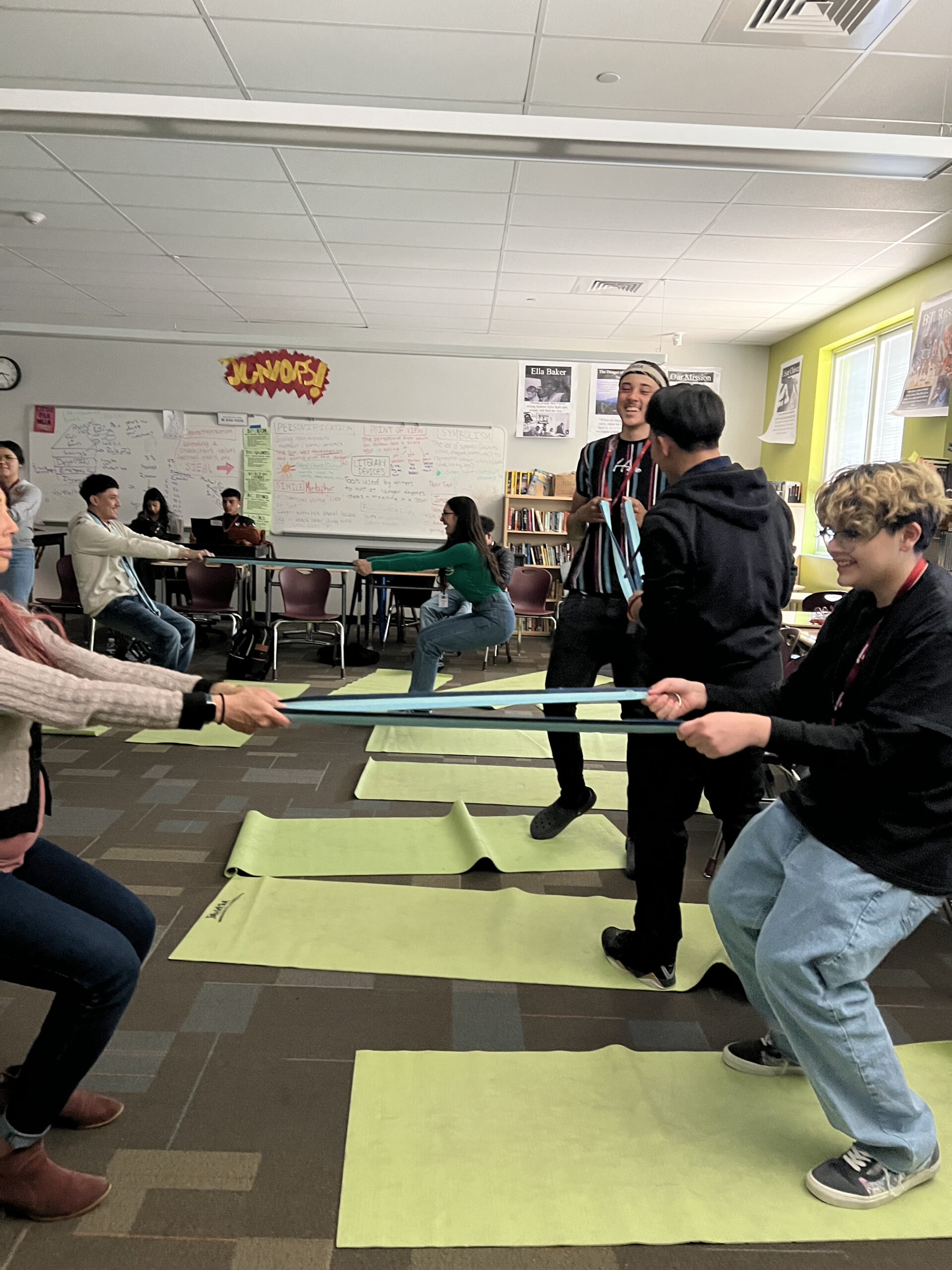By Dee Marie

These tips are not just for kids, but for adults too!
1.Eat Healthy
Kids who eat healthier have better Mental Health according to a 2 year study examining the diets of 3,000 adolescents between 11-18 years of age published in PLOS ONE journal. A Diet rich in organic fruits & vegetables, along with most food intake being prepared at home vs at a restaurant, is helpful for mental health and long-term wellbeing.
2.Vitamins
Look for fish oil supplements containing DHA & EPA. These Omega-3s are vitally important for Children’s and Teen’s brains. Omega-3 fatty acids have been proven to reduce aggressive behavior, depression, anxiety, and antisocial mannerisms according to a study conducted at the University of Pennsylvania. Magnesium comes in kid friendly forms such as powders and gummies. It helps promote relaxation, combating stress-related symptoms such as anxiety, irritability, and all sleep issues. Herbal teas such as chamomile, lavender, and lemon balm are also safe and effective to calm the over-stimulated nervous system.
3.Decrease Screen Time
We all have to be on the screen, and it is not going away, but the pandemic has increased everyone’s time on the computer, TV, cell phone, and video games. Too much affects students’ mental health. 4-5 hours per day is plenty. Since 2018, 40,000 kids have been evaluated for mental wellness. Those students on the screen over 7 hours per day have been seen more frequently for mental and behavioral health issues by psychologists.
4.Exercise & Yoga: Indoors and Outdoors
There’s nothing like the great outdoors – breathing deeply and enjoying nature. According to the National Recreation and Park Association, children today spend less time outdoors than any other generation. For the past five years, CALMING KIDS has interviewed their students regarding positive shifts in behavior and quality of life. The CK teens between the ages of 13-18 report that walks outside can help them come into balance and increase their mental health on a daily basis. Yoga stretching and deep breathing is their next choice for decreasing anxiety.
5.Feeling Our Emotions!
This is such a simple and important part of the mental health picture. Let kids and teens know it is OK to feel sad, frustrated, angry, silly, disappointed… A parent or teacher role model for this is very beneficial.
Now that our masks are off, a hug per day or a little extra attention paid to the next generation will go a long way in positive mental wellness.




